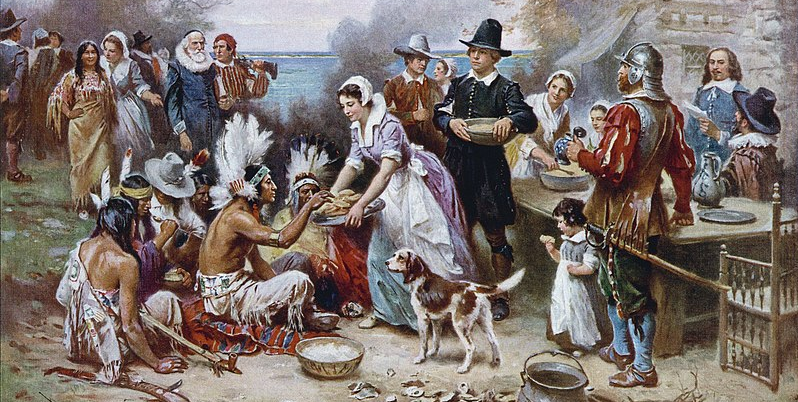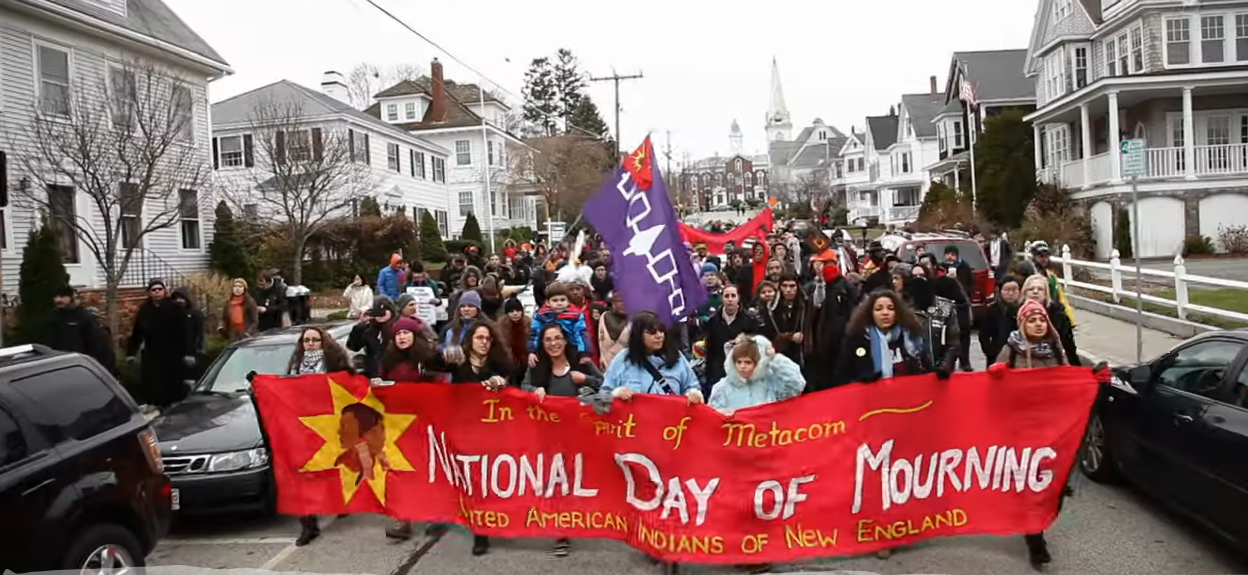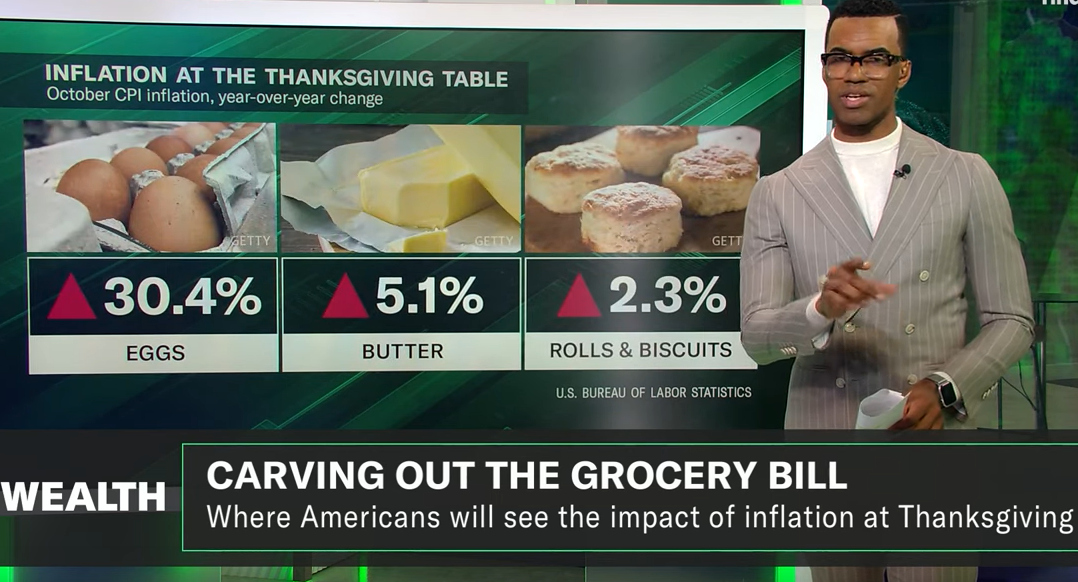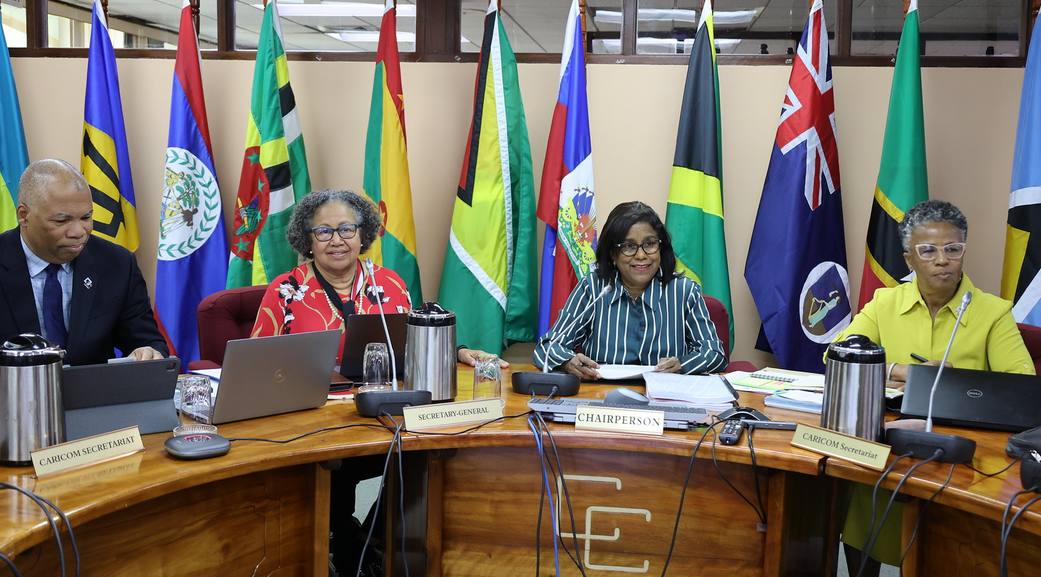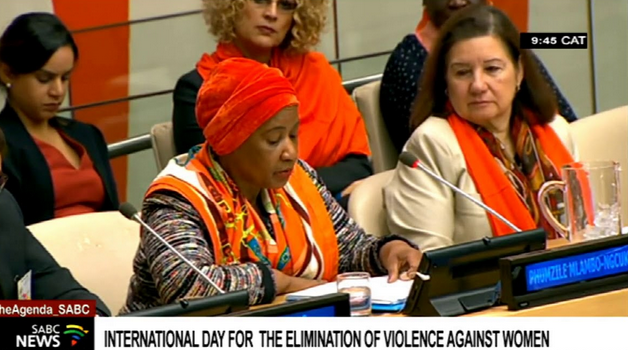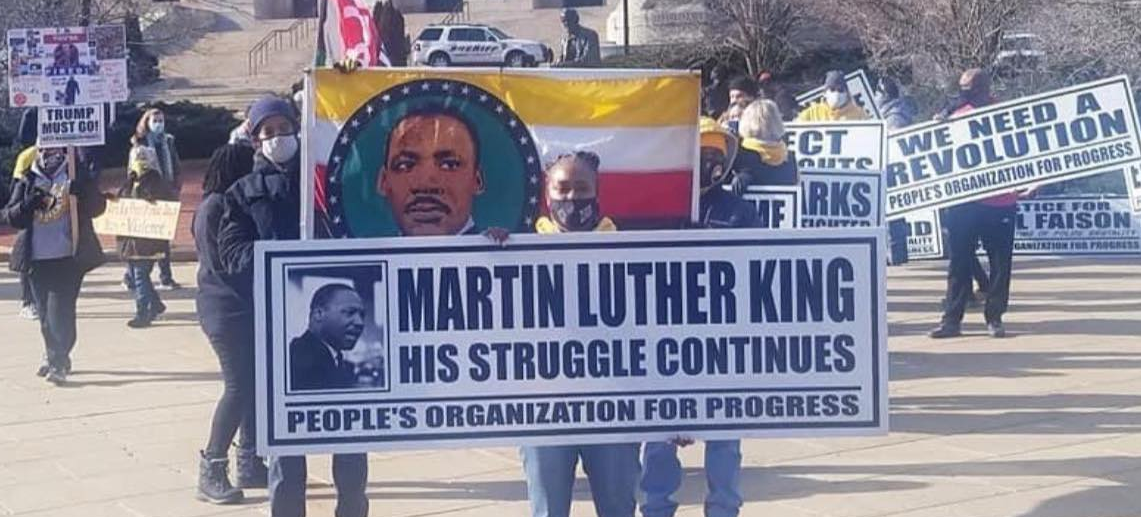Photos: YouTube\Facebook
BROOKLYN CENTER, Minn. — The American Civil Liberties Union Tuesday celebrated the enactment of a new policy in Brooklyn Center, Minnesota which aims to limit police power and responsibilities by ensuring they only issue tickets for non-serious offenses.
The policy prohibits officers from searching, arresting, and jailing people for a range of offenses, including driving with a broken taillight, disorderly conduct, and marijuana possession, all of which Black people are arrested and incarcerated for at disproportionate rates. The policy — one of the first of its kind — is the first piece of the Daunte Wright and Kobe Dimock-Heisler Community Safety and Violence Prevention Resolution to be enacted since it was passed in May.
Paige Fernandez, ACLU policing policy advocate, said: “Daunte Wright and Kobe Dimock-Heisler, like the majority of people killed by police in the U.S., were killed during a traffic stop and enforcement of a low-level offense, and a mental health crisis, respectively. Today, a tangible policy to reduce police responsibilities and power and to save lives of community members is being implemented in Brooklyn Center to prevent tragedies like these. All cities across the country should be looking to follow Brooklyn Center’s lead in reducing police power to arrest and jail people.”
Brooklyn Center’s racial and arrest disparities, which were the impetus behind this policy, are evident across the country.
Approximately 1 million people — almost half of the U.S. prison population — are incarcerated for drug offenses, property offenses, and various other low-level offenses, especially those related to poverty. Black people are disproportionately incarcerated at over five times the rate of white people, and those disproportionate rates are in part due to Black people being five times more likely to be arrested than white people.
Policies like the one implemented Tuesday could drastically decrease these disparities as well as improve health and safety, especially for Black communities. Even in situations that don’t escalate to violence, being handcuffed, arrested, and spending even a few days in jail increases housing instability and homelessness, worsens educational outcomes, causes medical and mental health problems, reduces earning potential, and increases rates of divorce and family separation.
Brooklyn Center is setting an example for how cities across the U.S. can advance transformational public safety: limiting the power and responsibilities of police by ending the enforcement of and arrest for non-serious offenses, thereby decreasing jail populations and stark racial disparities. A copy of the resolution is here.






